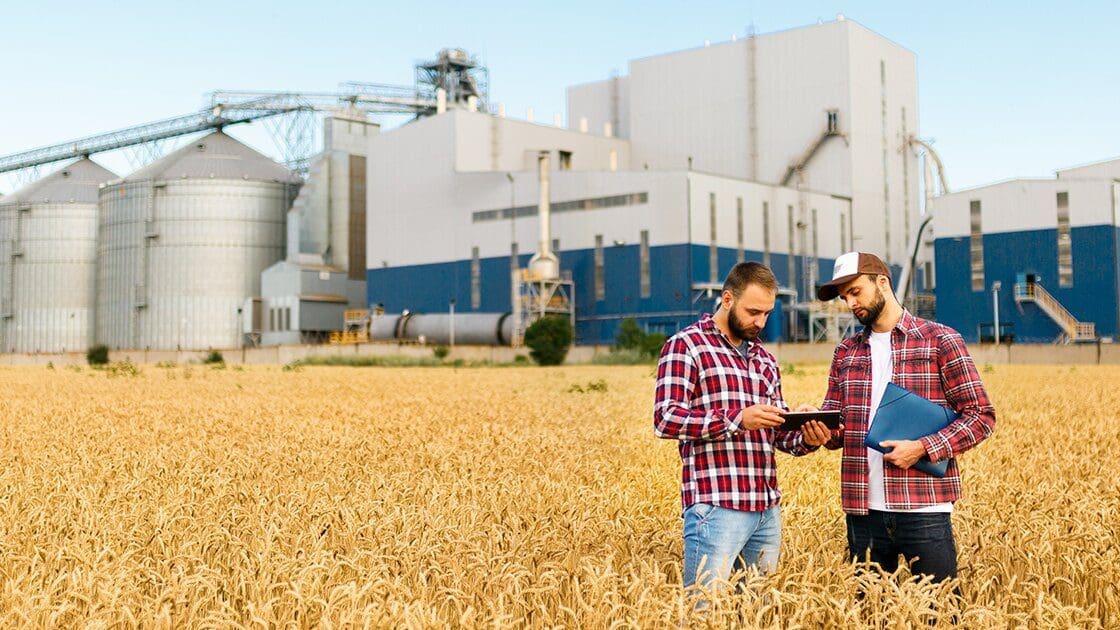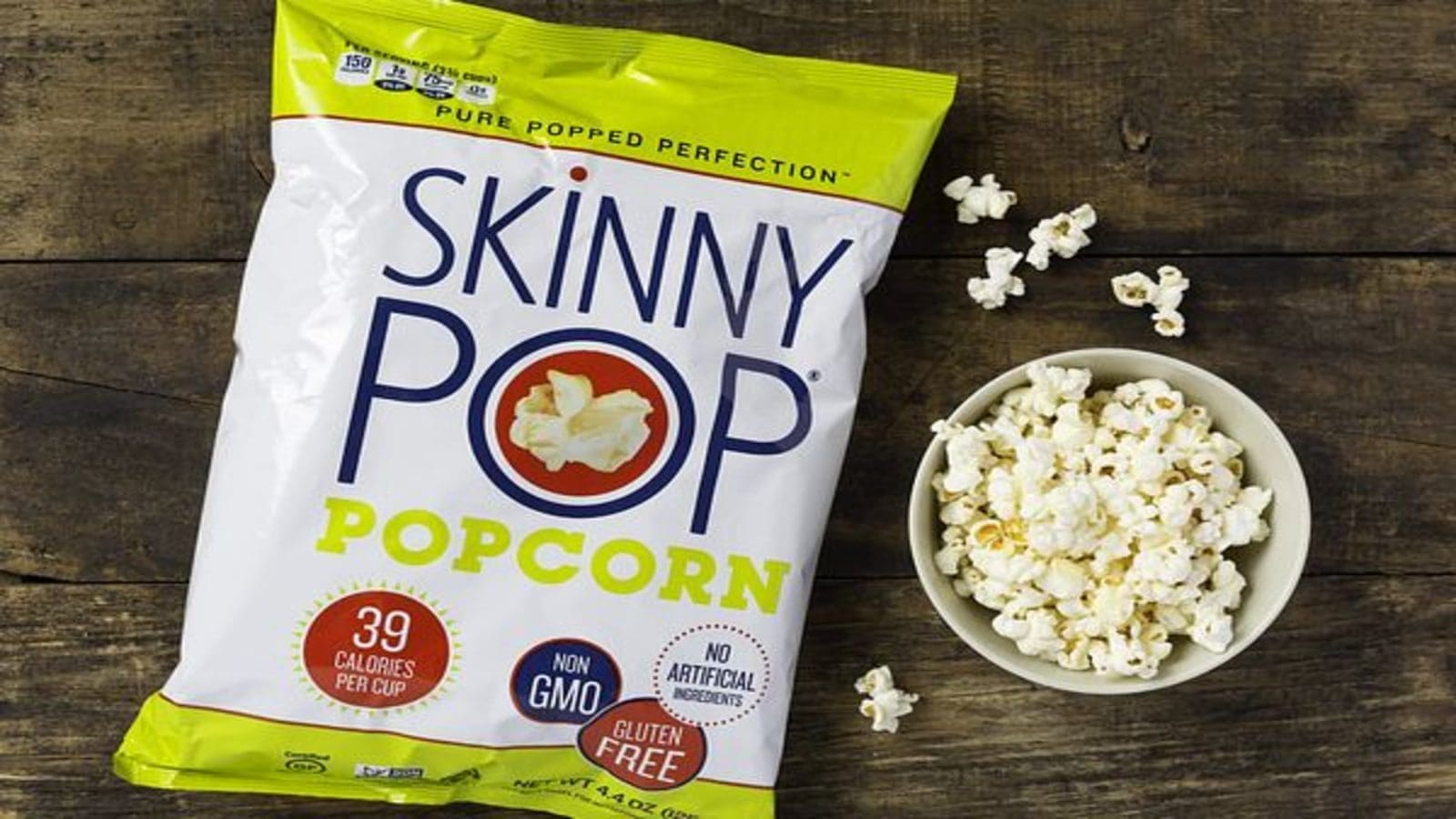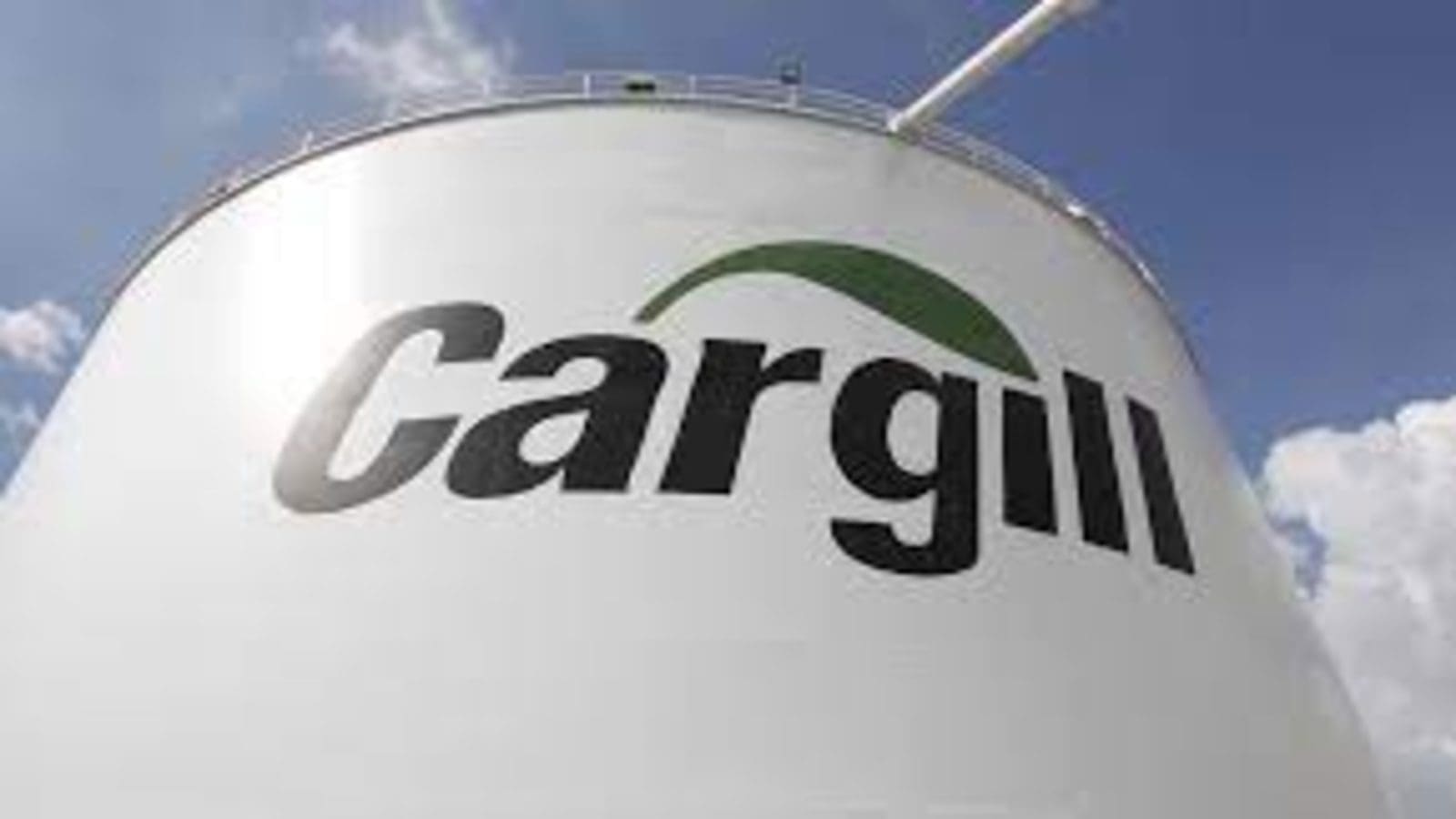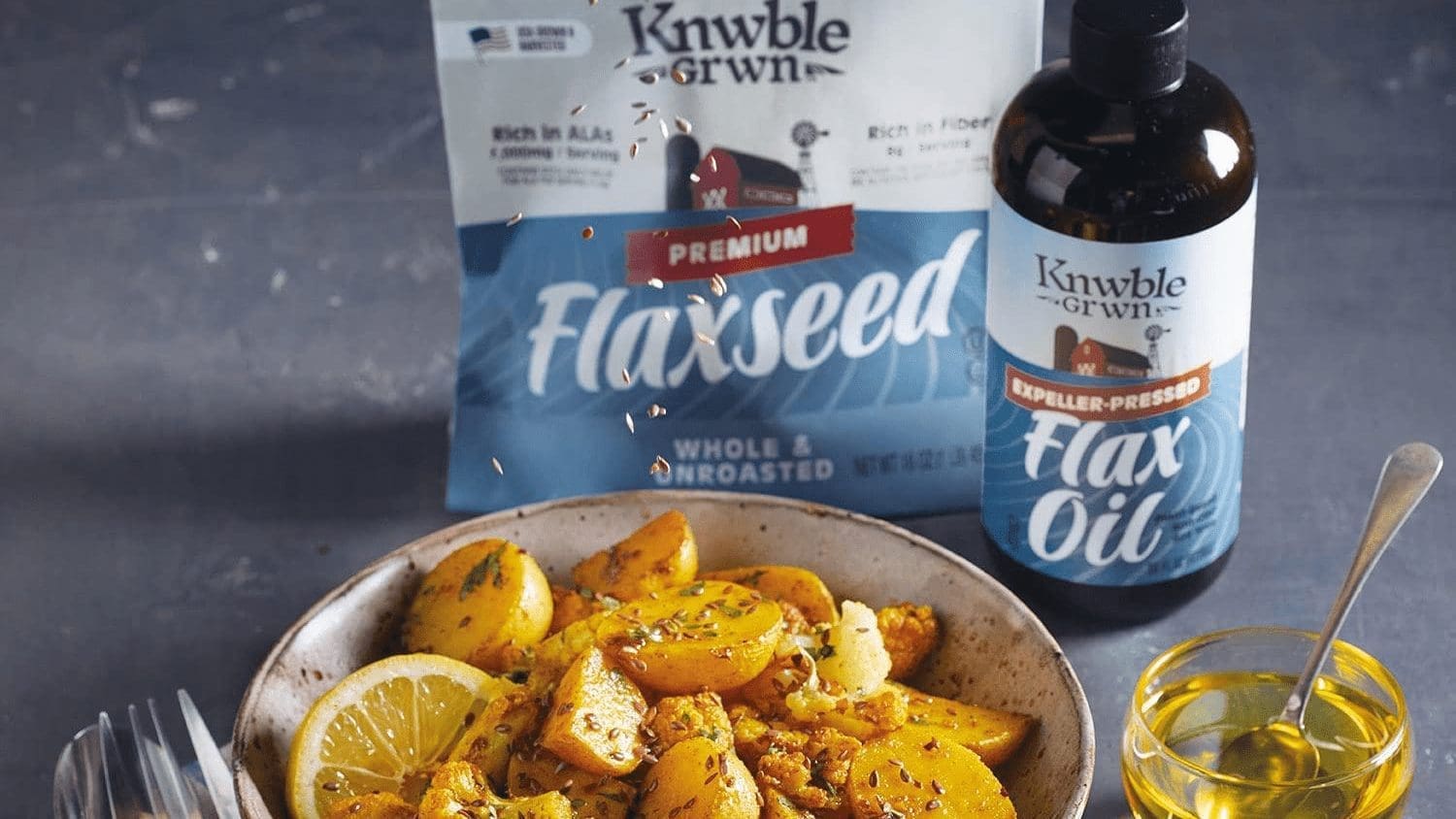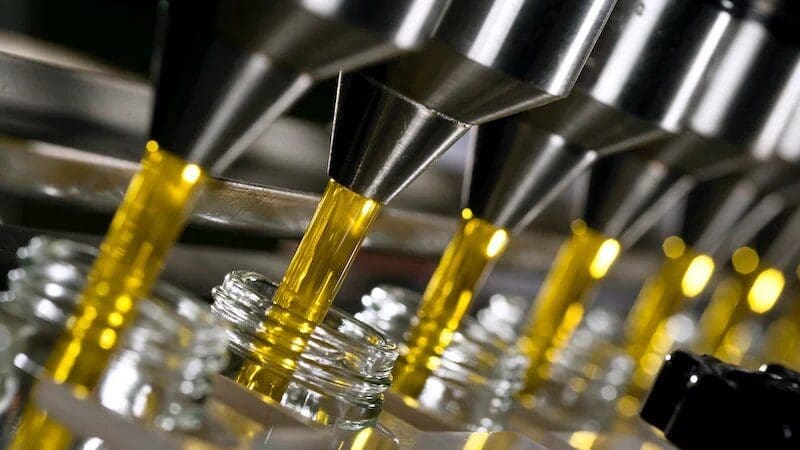USA- Nebraska-based global agribusiness Scoular is investing US$20 million in expanding its feed blending facility in Jerome, Idaho, US, to meet the custom feed needs of the region’s dairy and beef producers.
Scoular is a US$9.7 billion global agribusiness that purchases, sells, stores, handles, and processes grain and ingredients. It leverages its global networks and expertise in international trade and transportation to handle its business.
The company announced that it is breaking ground on the expansion this month and expects it to be complete in spring 2024 (March-May).
This multi-million expansion adds two main capabilities to the current facility.
First, it will include a steam flaking process, which processes corn into flakes and makes the feed more digestible for cattle. The corn is steamed, heated, then pressed into flakes.
Secondly, it includes a pellet mill to make feed pellets typically used for feeding calves and beef cattle. Pellets are easily transferred, handled, and proportioned for optimal nutrition.
“Agriculture drives the Magic Valley’s economy, and Scoular has made it a priority to support the industry through innovation, state-of-the-art facilities, and programs that support local producers,” said Andy Hohwieler, a regional manager for Scoular based in Twin Falls, Idaho.
Mr. Hohwieler also remarked that the company looks forward to creating new feed products that yield more solutions for end-users and potentially create more jobs at the facility.
In a recent further investment in feed processing, Scoular built a facility in Jerome that manufactures a sustainable barley protein concentrate for pet food and aquafeed.
The company has also made considerable investments in its food-related platforms to remain competitive in the food industry.
For example, in 2022, the company launched a program in Idaho, called Barley MVP to expand barley as a sustainable rotation crop.
Additionally, Scoular announced that it will be recommissioning its crush facility in Kansas to start canola and soybean crushing in 2024.
The facility is expected to create at least 40 new jobs, and produce about 200,000 tons of meal annually from both canola and soybean, depending on demand and availability.
For all the latest grains industry news from Africa, the Middle East and the World, subscribe to our weekly NEWSLETTERS, follow us on LinkedIn and subscribe to our YouTube channel


